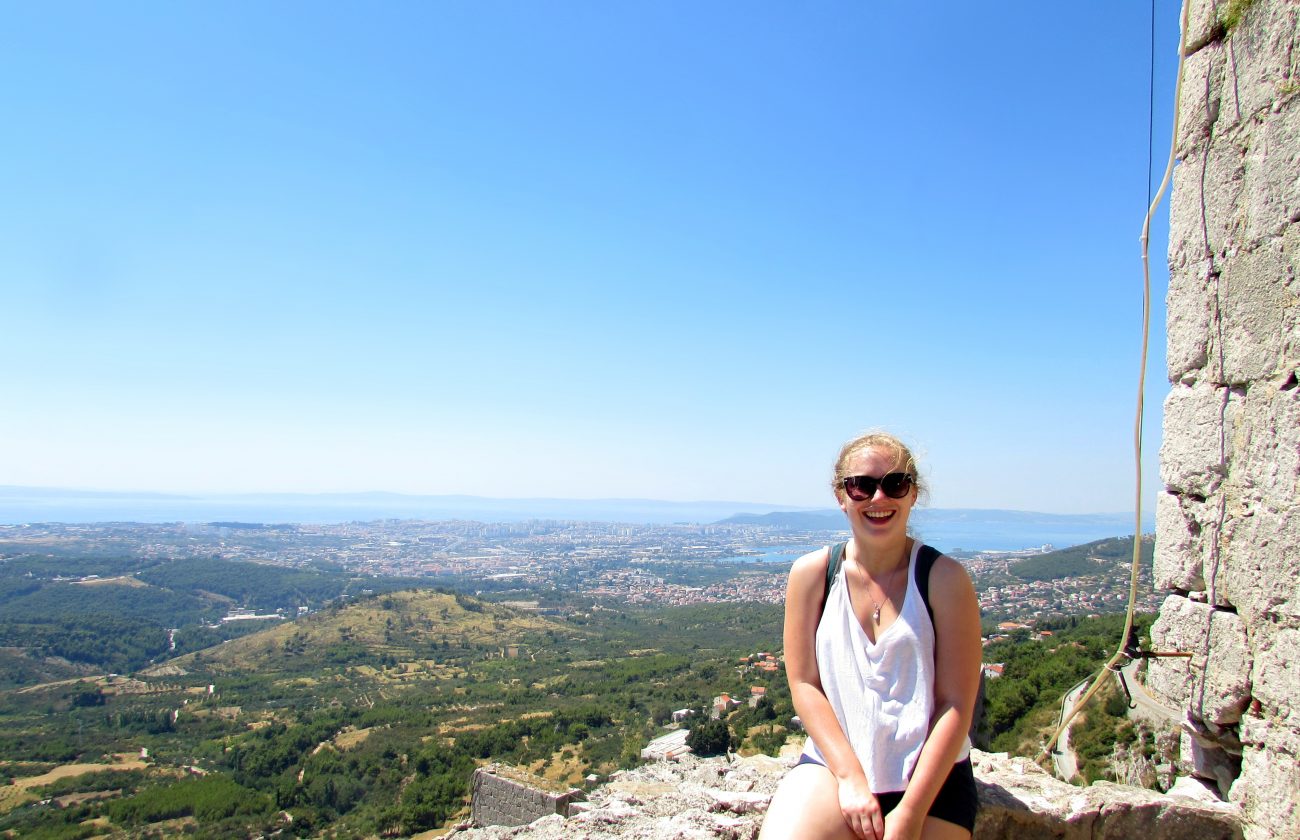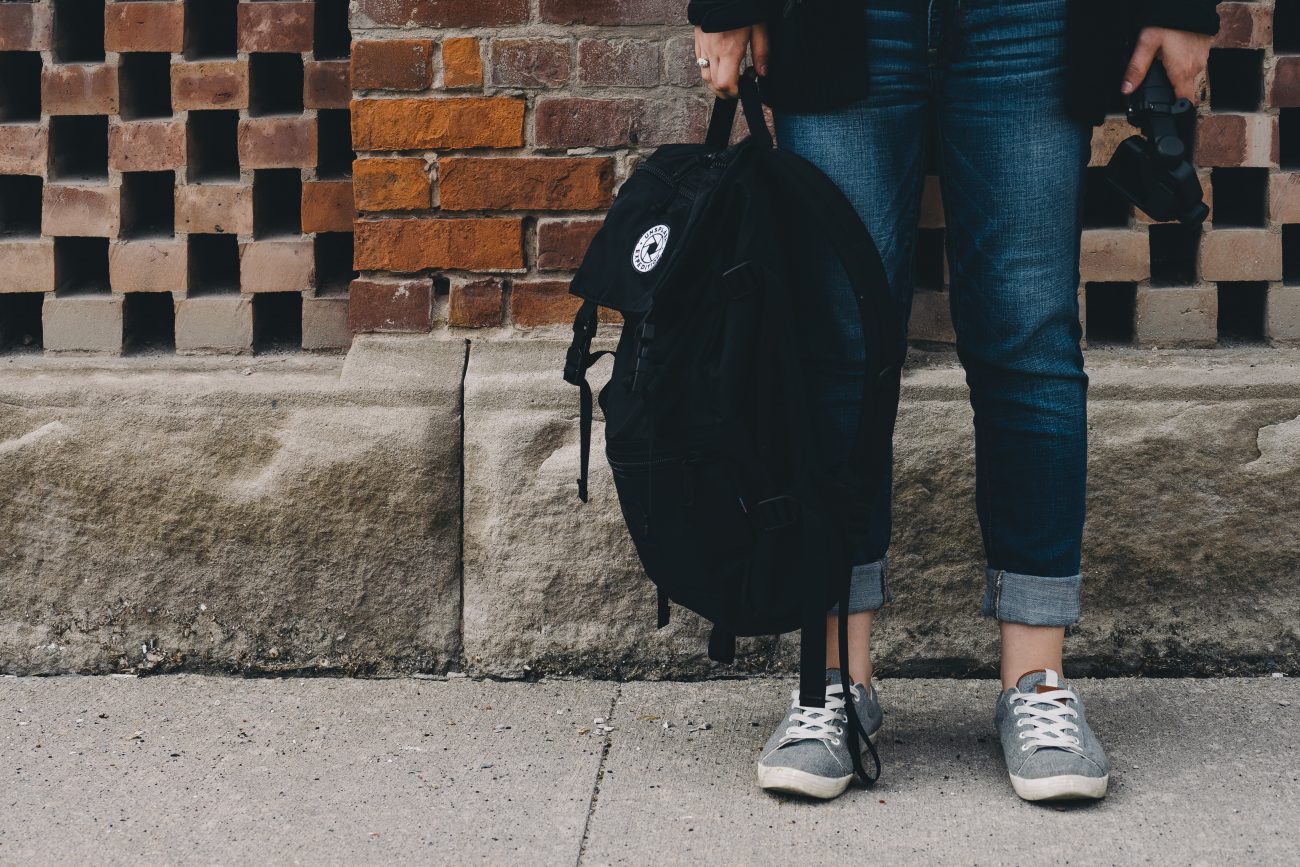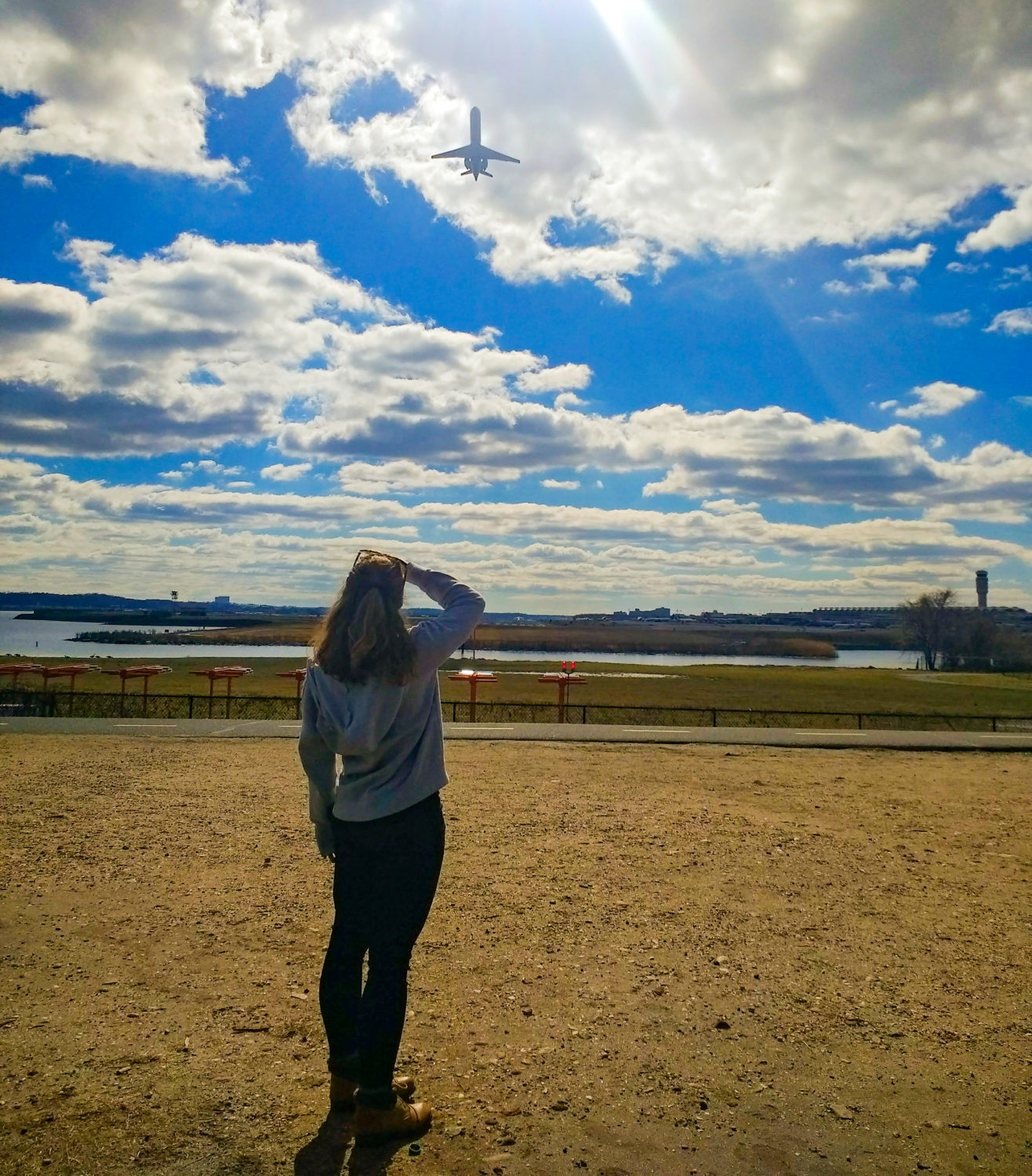Anyone who has ever stayed in a hostel can attest that they attract a certain crowd. While they’re relatively mainstream in European culture, hostels are only beginning to gain popularity in the United States. Unlike our European cousins, Americans are unaccustomed to cramped quarters and sharing space, and the concept of accessible international travel for young Americans has only really exploded within in the last 20 years.
To be fair, hosteling is definitely not for everyone. For some, it’s doable for a long weekend or a vacation with friends, whereas for others, hostels form the perfect home base in each new city for extended solo trips due to the social scene. It’s these clusters of like-minded travelers you find in hostel lounges and bars throughout the world that makes up the backpacker counterculture.
The stereotypical backpacker is young, scruffy, crunchy-looking, possibly weed-smoking, earth-loving hippie dressed in baggy elephant pants, carrying a tattered backpack and wandering around train stations or urban centers looking for their next ‘experience’. While all stereotypes at some point originate in truth, there’s far more behind the appeal of the vagabond, backpacker lifestyle than simply avoiding responsibilities back at home.

The Good
The Backpacker Bubble is an attractive, welcoming niche for many who reject the ‘traditional’ life arc: you go to school, study hard so you can get into a good university, do well in university so you can get a good job, and then work until you can settle down, buy a house, start a family, and do the same thing every single day until you die.
They’re mixed in with the vacationers and the gap year-ers, creating the vibe of being permanently on vacation. Regardless of whether or not these long-term backpackers are working remotely, just living off savings, or some combination of the two, the laid-back, go-with-the-flow mindset is what draws many people in, to begin with.
When you’re on the move long-term, you’re far removed from the day-to-day stresses of ‘normal’, everyday life. It’s easy to make friends with like-minded people from around the world because many people travel alone or in small groups, ready to mingle with others and make new friends.
Even further, everyone is transitory—only in town for a few days before moving on and following their own path. You know you don’t have much time together, and you never have to see these people again unless you actively make an effort to do so, so people are far more open and authentic. The shared bonding experience of being in an unfamiliar place creates instant camaraderie between travelers, along with lasting memories of the people and the places you visit.
When you’re ‘at home’, people have a tendency to fall into specific patterns of behavior around their family and friends, setting the expectation that you’ll continue to behave the same way in the future. When you’re on the road, constantly surrounded by strangers, there’s no pattern for you to follow. You can just go with the flow, exist, and enjoy the world around you.

The Bad
Maintaining a semi-nomadic lifestyle in the long term is not sustainable for most people. For most, as you age, your interests naturally shift from wanting to get out and explore as much of the world as possible towards wanting to settle down (or at least move slower).
It is easy to burn out both physically and mentally after being on the road for long periods of time. Moving around constantly, sleeping in unfamiliar locations, and eating unfamiliar foods can wreak havoc on your body. In addition to being physically exhausting, it’s difficult to maintain ideal levels of health and fitness while on the move without some impressive discipline and dedication, which can take a toll on your body over time.
In addition, being constantly surrounded by strangers and having to meet and befriend new people in each location only to leave them again in a few days or weeks is emotionally draining. Even if you love to travel, meeting new people, and finding your next adventure, there are only so many times you can have the “Oh, cool, where are you from? Where else have you traveled?” conversation with everyone you meet. Especially as an introvert, it can be difficult to continue being open to meeting new people after going months without seeing a familiar face.
After months of living in the world’s greatest destinations, what do you do when living the ideal vacation lifestyle sought after by millions becomes your everyday life? As wonderful as it is to travel the world indefinitely, where do you go when you need a vacation from your vacation?


The Ugly
When you’re alone in a foreign country, it’s easy to bond with those who speak your language or share a similar cultural background. However, it also creates a Backpacker Bubble, which, especially for Westerners, encompasses the globe and allows you to travel anywhere in the world without having to have a meaningful interaction with someone outside your own culture if you so desire.
We travel the world to escape our own lives, cultures, and communities, but yet can easily find more of the same in a warmer locale with (usually) a lower cost of living than our home countries. This brings along a whole host of social issues—do you, as a traveler, have the responsibility to have a positive impact on the places you travel beyond stimulating the local tourism economy?
When you’re living among backpackers constantly (or permanently), you have no choice but to deal with the negative stereotypes and social consequences of the backpacker lifestyle. Will you be one of the notorious Western tourists partying on the beaches of Southeast Asia with no intention of learning about the culture of each place? Are you contributing to over-tourism in some of the world’s most beautiful places, such as Venice or Boracay?
This is by no means to discourage you from joining the thousands who reject the sedentary lifestyle in favor of traveling the world, but to encourage anyone considering long-term travel to be conscious of your position, privilege, and perception as you do so.
Suggested next reading: Questions You Need To Ask Yourself Before Traveling

